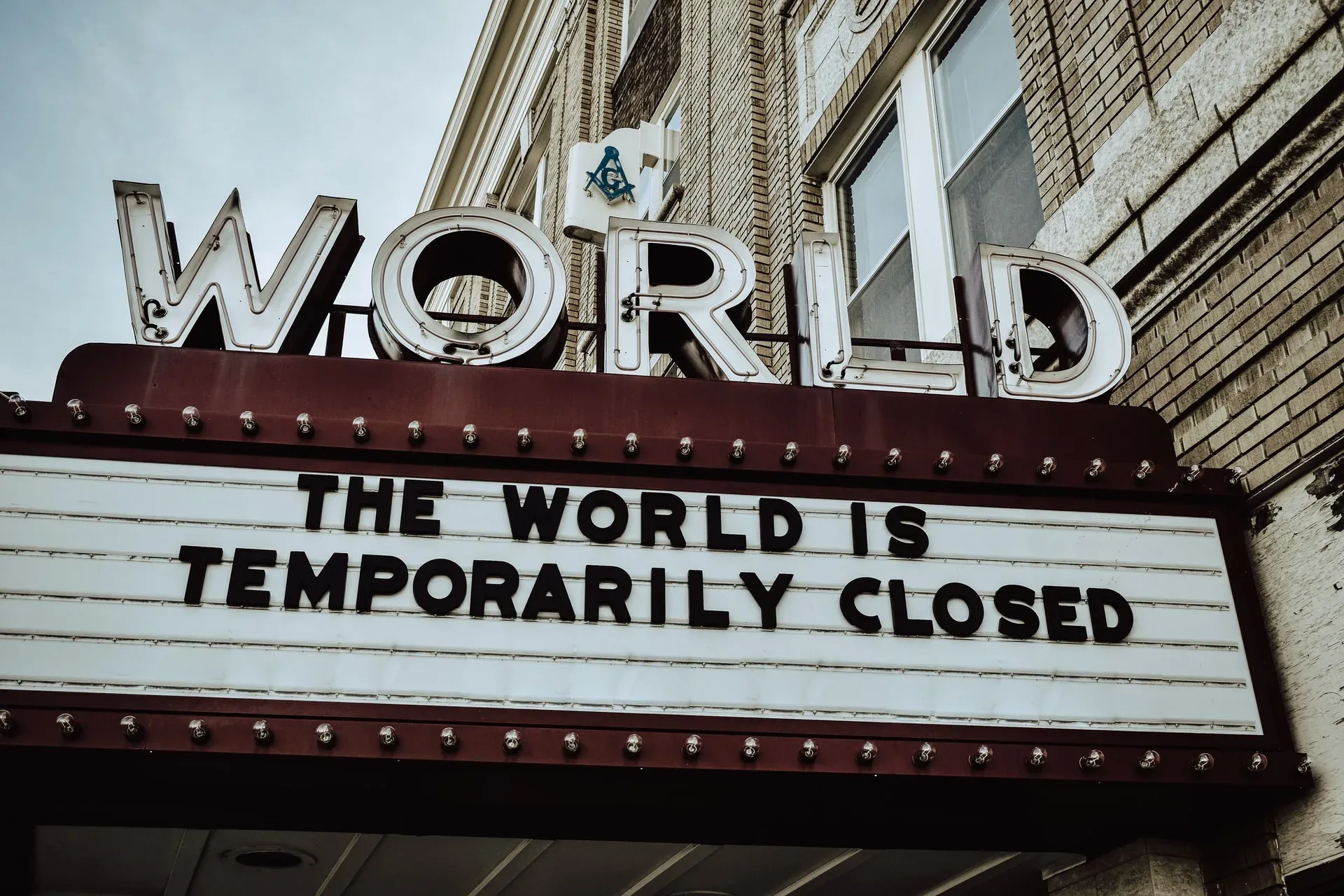It’s not a secret that technology is a boon to modern society. When you look at the world right now, you’ll see how technology has impacted several sectors and industries of society, as well as peoples’ lives in general.
The great thing is that technology is constantly evolving, and we can expect that positive changes can be sustained thanks to the innovators, tech companies, and entrepreneurs that are always on the lookout for technological growth and development.
In this blog article, you’ll know the various sectors and industries that are being transformed by technology.
1. Education
With the Covid-19 pandemic still in our midst, we are seeing how beneficial technology is. For instance, since students can’t go to school due to the strict measures against the spread of the virus, they are now educated through online classes, which are made possible by the internet.
Training and educational programs are conducted through video conferencing, voice calls, or text messaging. Even without the pandemic, experts have expected that learning through the use of the internet can be an excellent medium for education.
2. Data collection and distribution
Having a secure and reliable database in developing countries is not an easy feat to do. But with recent innovations, it’s now possible to overcome this problem. Today, it’s now easier for governments, non-government organizations, companies, etc. to collect, store, and distribute data because of Information Technology advancements.
People who have mobile phones or access to the internet can now look at important data, such as employment rate, population number, tourism statistics, etc.
3. Farming sector
The challenges in the farming sector are plenty. There’s insufficient equipment, poor marketing, and a shortage of manpower. But technology comes to the rescue to solve such issues.
Today, you can see smart farming equipment being used by farmers. Folks who are working in the farming sector also take advantage of the internet and computer software to research and apply the best practices in farming.
Farmers are also now tapping into the benefits of 3D printing to build farming equipment and create tools with convenience.
4. Banking industry
Experts say that one of the ways to solve the problem of poverty is to make financial services accessible to people living at or below the poverty line. According to the World Bank Group, there are approximately 1.7 billion adults who don’t have a bank account.
To provide easy access to financial services and spur inclusive economic growth, the banking sector is now rolling out mobile banking. Mobile banking makes it more convenient for people to hold a bank account, take out loans, and transfer and receive money. You only need to have a laptop, tablet, or smartphone to do such transactions.
5. Healthcare
There are still millions of people around the globe who are living with no access to healthcare services. For example, some places are far away from clinics and hospitals. Or, if there are hospitals, there is a shortage of medical professionals, equipment, or medicines.
Thanks to advancements in technology, medical professionals can now connect to patients in remote areas who need minor medical help via mobile diagnosis and medical consultation. Doctors and nurses can now also educate patients about health problems and remind them to take medication on time via a text message.
Moreover, there are already portable and high-tech medical devices and equipment for efficient diagnosis and treatment of ailments and diseases. The only thing needed to do on the part of the public sector is to make these high-tech medical devices and equipment available to government-funded hospitals, especially those in far-flung areas.
6. Water industry
Access to clean and safe water is among the major problems faced by a vast population in third-world countries. According to the statistics, approximately 780 million people don’t have access to a drinkable water source, and 2.5 billion people don’t have adequate sanitation facilities.
Today, solutions such as water purifiers, solar-powered water filtration, desalination, fog catchers, protected wells, and water pipe connections help many people have access to clean and potable water. You can also find many organizations that provide water and sanitation projects to people in need.
7. Mobile top-up services
Communication is important for people who have family and friends living or working abroad. However, one needs to have mobile credits to text, make phone calls, or use mobile data. So, if you want to send mobile credits to your family and friends overseas, smart mobile top-up or airtime credit recharge is your go-to option.
Airtime top-up allows you to send mobile credits to another person overseas as long as you know his/her network provider and phone number. There are many web portals and physical retailers that offer affordable smart mobile top-up or airtime credit recharge.
8. Entertainment
Before we only had the television and radio as our main technological devices to while away our time. But, today, we have our smartphones, smart TVs, tablets, computers, among other modern devices for our entertainment.
If you’re connected to the internet, you can use these high-tech gadgets to access tons of entertainment content, such as music, movies, documentaries, anime, video games, e-books, Vlogs, podcasts, etc. Indeed, all things fun and entertaining are on the internet!
However, since most content is available on the web, you also have to pick what’s worthy or not, especially if you have kids. Not all entertainment content is good for you or your children.
9. Online shopping
Nowadays, we have online stores where you can purchase stuff using your mobile gadgets. Of course, it provides convenience in our lives because you don’t need to go to a physical store anymore to shop and make a purchase. You also have plenty of choices when it comes to products and services when you’re shopping online.
10. Takeaway
Without the advancements in technology, the existence of the modern world wouldn’t be possible. Technology has improved different areas, industries, and sectors of society. And, the good thing is that it’s still constantly evolving and making progress.







Share Your Thoughts